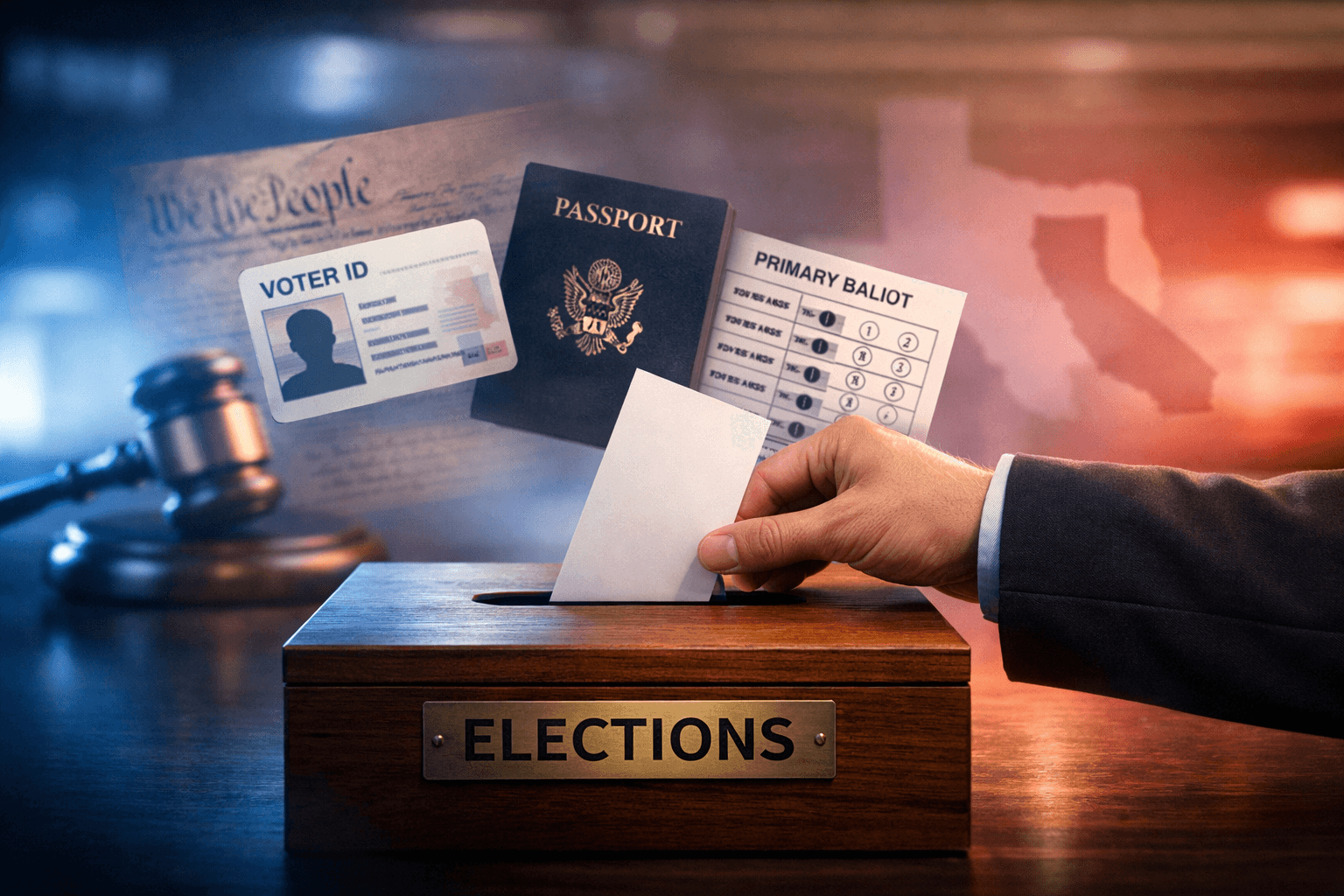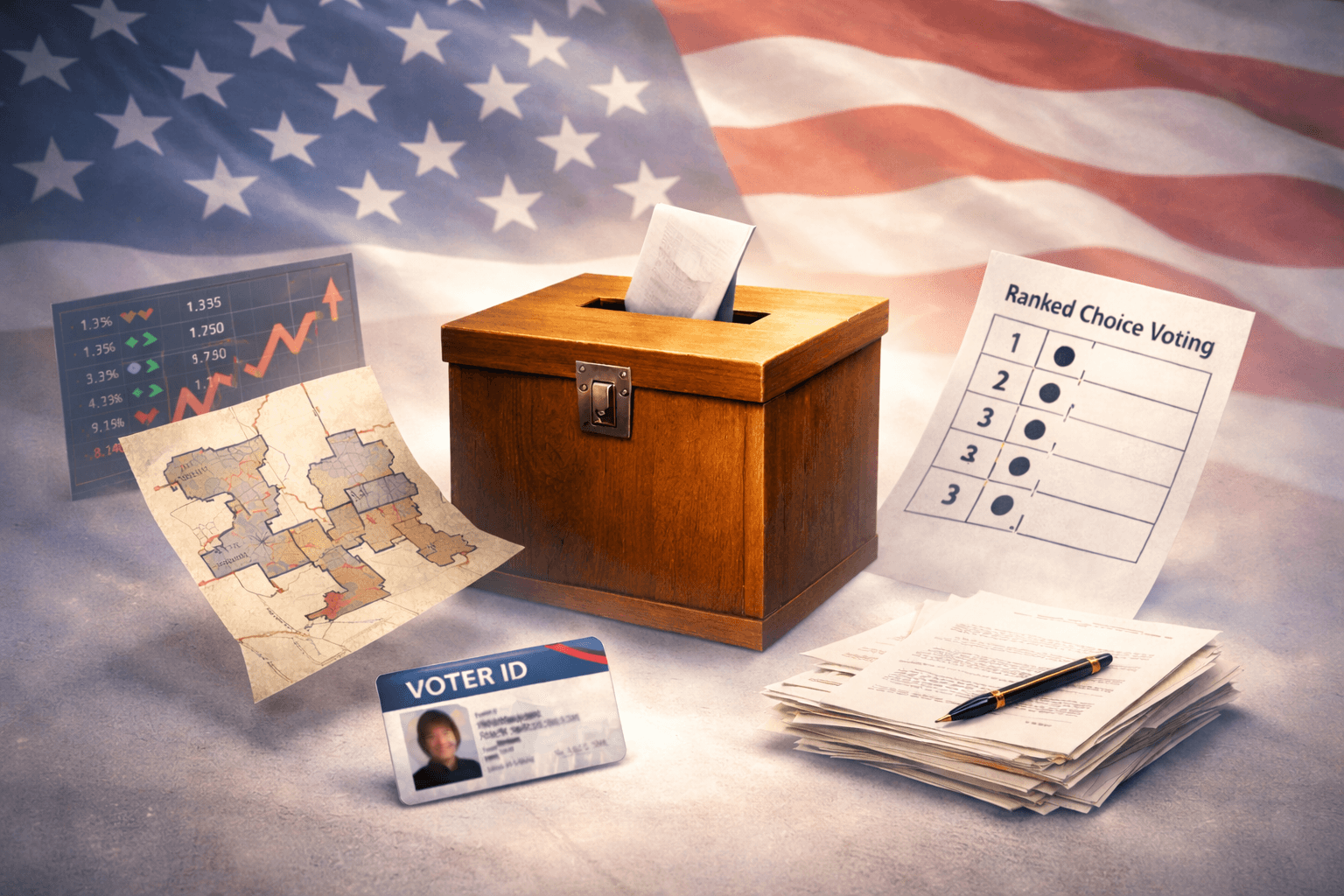Is New Mexico Finally Ready to Open Its Primary Elections?

There are more than 330,000 registered independent voters in New Mexico. However, none of these voters have full access to the taxpayer-funded elections process as a result of the state's closed partisan primary system.
Despite several attempts to give independent voters an equal voice, reformers have not been able to get a bill through the legislature -- though progress has been made over the last decade.
The Senate Rules Committee voted 6-3 Wednesday to advance Senate Bill 16, a semi-open partisan primary bill that, if passed, would give independent voters the option to pick a major party's primary ballot in future elections.
Voters would still be limited in their choices. They would only be able to select candidates of a single party. However, the bill would allow them to participate in the most critical stage of the elections process.
After all, about half of legislative seats go uncontested in the general election each election cycle.
“We really think this is the year,” said Sila Avcil during Wednesday's committee hearing. Avcil is executive director of New Mexico Open Elections, which has worked on opening the state's primary elections since 2015.
The Senate is where open primaries legislation has seen the most success. In 2023, a similar bill got a bipartisan 27-10 vote, marking the first time primary reform not only got a floor vote, but cleared a legislative chamber.
At the time, New Mexico Open Elections Founder Bob Perls said it was a sign that “sentiments are changing.” It also helps that semi-open primary reform has the support of Secretary of State Maggie Toulouse Oliver.
New Mexico is 1 of 24 states that does not have a citizen ballot initiative process, meaning any reform to state elections has to be approved by state lawmakers during short legislative sessions.
This timeframe, alone, can frustrate reformers because state lawmakers are only in session for 60 days in odd-numbered years -- and this is considered the long session compared to 30 days in even-numbered years.
As a result, lawmakers only take up matters like primary reform every other year because there are limitations on what bills can be considered in 30-day sessions -- unless the governor makes the issue a priority.
If Senate Bill 16 fails in 2025, reformers will more than likely have to wait until 2027 to try again. At stake are the voting rights of nearly a quarter of the registered voting population in New Mexico.
 Shawn Griffiths
Shawn Griffiths





